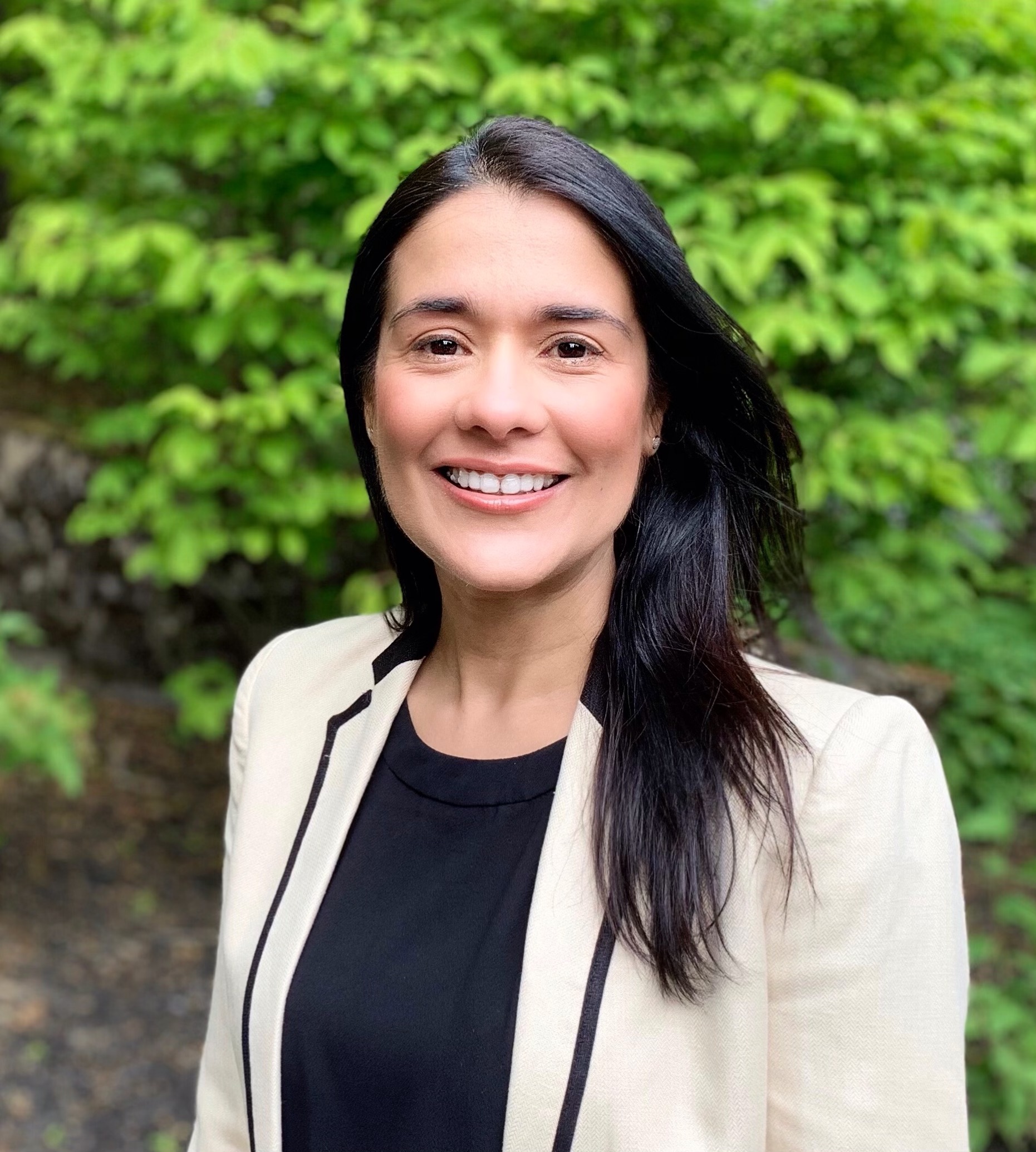New Gene Discovery for Rare Disease
Rosamund Stone Zander Translational Neuroscience Center Announcement
“Chopra-Amiel-Gordon Syndrome” (CAGS)
A new gene for syndromic intellectual disability has been described and researchers, at the Rosamund Stone Zander Translational Neuroscience Center (RSZ-TNC) at Boston Children’s Hospital, are leading efforts to better understand this rare disorder.
Dr. Maya Chopra, Director of Translational Genomic Medicine at the RSZ TNC, co-led an international study during her time at the Imagine Institute in Paris (Laboratory of Embryology and Genetics of Malformations, led by Professor Jeanne Amiel and Dr. Christopher Gordon), culminating in the ANKRD17 gene discovery paper published in the American Journal of Human Genetics earlier this year. This syndrome has now been designated the name “Chopra-Amiel-Gordon syndrome” (CAGS) by OMIM. The full clinical spectrum and underlying mechanisms of this disorder are yet to be fully understood.
Dr. Maya Chopra, and Dr. Elizabeth Buttermore (Director of Translational In Vitro Models at the RSZ-TNC) will work together to study CAGS Syndrome. The researchers will harness the infrastructure of the RSZ-TNC, pairing preclinical and clinical expertise. Dr. Chopra will lead the characterization of the genetic, neurobehavioral, clinical and imaging spectrum in a new cohort of individuals with this disorder. Dr. Buttermore will facilitate procurement of patient skin or blood samples for reprogramming to induced pluripotent stem cells (iPSCs) and subsequently will generate and characterize neurons derived from patient-specific iPSCs. This project will serve as a model for rapid progression from gene discovery to translational research, a key mission of the RSZ-TNC.
Link to publication:
https://www.sciencedirect.com/science/article/abs/pii/S0002929721001385?dgcid=author
Visit the RSZ-TNC Center:
Rosamund Stone Zander Translational Neuroscience Center (RSZ-TNC)



